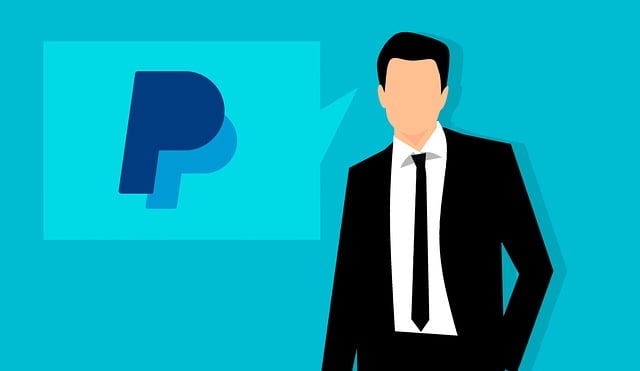PayPal is a widely used online payment platform for transferring money and making online purchases. Users can pay safely and easily without sharing their credit card or bank details with the seller. On the other hand, traditional payment methods such as credit cards and bank transfers have been long-standing and commonly used ways to make payments. It is important to understand which payment method is better, as it can affect the security, speed, and cost of transactions. By understanding the pros and cons of traditional payment methods, consumers can make informed decisions when choosing a payment method.
What is PayPal and How Can I Create an Account?
PayPal is a secure online payment system that simplifies international transactions and offers buyer protection against refunds. To create an account, visit the official website, click on “Sign Up,” enter your personal information, choose a password, and agree to the terms and conditions. It does not share financial information with sellers, providing additional security.
How Can I Add Money to My PayPal Account?
To add money to your PayPal account, there are several options available. First, you can transfer money from your bank account by linking your bank details to your account. This can take a few days before the money is available on your PayPal account. Another option is to receive money from other PayPal users, for example, if you provide a freelance service or sell something.
An interesting option for anonymously topping up your account is through Rewarble. Rewarble is an online platform that allows users to anonymously add money to their PayPal account. This can be useful for people who want to protect their privacy or do not want to link a bank account to their PayPal account. PayPal Top-up vouchers from Rewarble can be purchased at OffGamers, SEAGM, and Skine.com.
Having money in your PayPal account provides flexibility and convenience for making online purchases. You can pay directly without needing to enter your credit card or bank details for each transaction.
Costs of PayPal vs. Traditional Payment Methods
Comparing the costs of PayPal and traditional payment methods is crucial to choosing the most cost-effective option. PayPal charges fees for receiving money, currency conversion, and transferring money to your bank account, which varies by country and currency. Traditional payment methods, such as credit cards and bank transfers, also incur fees, such as annual fees, interest on outstanding balances, and charges for international transactions. It is important to compare the costs of both options to determine which is more cost-effective for your specific needs.
Acceptance of PayPal by Online Stores
It is a widely accepted and trusted payment method for online shopping, offering additional protection for both buyers and sellers. Its use has several advantages, such as quick and easy payments with just login details and buyer protection for refunds if items are not received or do not match the description. This gives consumers peace of mind when making online purchases.
Costs of Traditional Payment Methods vs. PayPal at Online Stores
When comparing the costs of traditional payment methods and PayPal for online shopping, it is important to consider various factors. Traditional methods such as credit cards charge transaction fees for each purchase, which can vary depending on the card and issuer. It also charges transaction fees, but these may be lower than traditional methods and often offer discounts and promotions for users. Comparing the costs of these methods can help determine the most cost-effective option for both consumers and sellers.
Conclusion
In conclusion, PayPal and traditional payment methods both have their pros and cons. It is important to determine which payment method suits your specific needs and situation. It offers additional security, convenience, and flexibility for online payments, with worldwide acceptance and buyer protection. Moreover, the costs of PayPal can be lower than those of traditional payment methods, especially for online stores. However, traditional payment methods have their advantages, such as widespread acceptance and familiarity. Some people prefer not to share their credit card or bank details with a third party like PayPal. It is important to weigh the pros and cons of traditional payment methods and choose the option that best fits your needs and preferences. An informed decision can help enable safe, fast, and cost-effective transactions. Thank you for considering these points.







